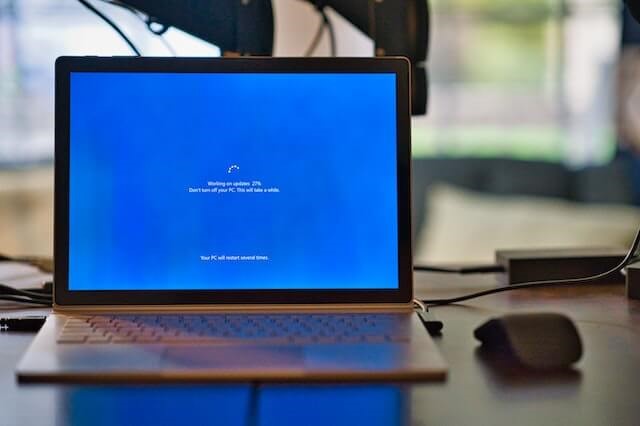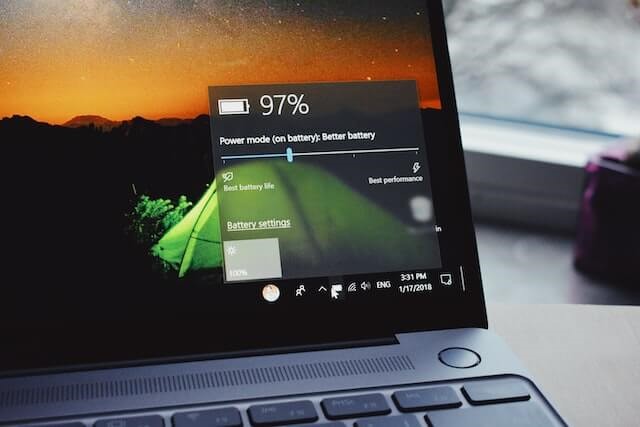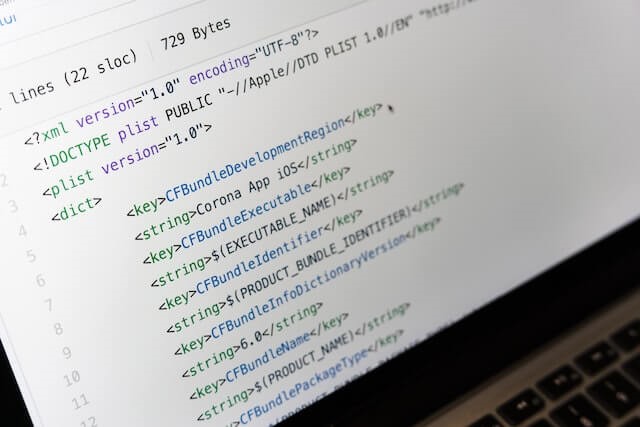A lot of popular software developers will release updates and upgrades throughout the life of an operating system, but it is important to understand that updates and upgrades are not the same. You’re probably familiar with the process you have to go through when you upgrade your operating system on Windows or Mac. Even if upgrades are free, some Mac users prefer to wait until they’re ready for the changes before upgrading. Upgrades aren’t necessary for most users. There is a chance you don’t have the horsepower to handle the latest operating system upgrade or you are comfortable with your existing operating system.
It is, however, important not to ignore updates. There are several reasons for releasing them, including their high functionality. Many times, they are intended to improve the operating system or fix dangerous bugs, but even more importantly, they can be used to patch vulnerabilities open to cyberattacks. When you’re notified to update your operating system, do so as soon as possible. Even better, set up your computer so that automatic updates are performed.
Security Problems
Completing regular updates to your operating system and the software within it is a great way to keep your security as up-to-date as possible. OS updates often include lots of new features but also have patches that fix any vulnerable exploits that have been found in the system.
By patching vulnerabilities, malware creators and other malicious actors can’t exploit bugs and loopholes that could allow them to gain access to your computer or its data. To prevent the world from learning of the security hole before it’s publicly known, they’re often released before a vulnerability’s official announcement. Windows, however, releases various types of updates, including security, features, and threat definitions.
Security updates that fix major vulnerabilities always have priority and are released as and when they are needed. Updates for Windows are usually put out every second Tuesday of the month, known as ‘Update Tuesday’ or ‘Patch Tuesday‘, but with the ever-growing complexities of technology different update types are assigned loosely to different weeks or months.
Home versions of Windows, in particular, will not give you much choice about auto-updates, so if you want a simple and safe life, you’re generally best to let your operating system do it automatically. The operating system may be busy updating and rebooting if you’re not connected to the internet for a while, which can be inconvenient if you have irregular internet access. The use of manual updates may be necessary if you’re administering a system that demands a particular version of some software components, but this feature isn’t intended for that purpose.
Performance Improvements
Modern computers operate much faster than older machines with outdated software, as we’ve all noticed. It’s also possible for older computers to suffer performance degradation if they are not updated. Increasing efficiency will allow your company to increase sales and performance, resulting in an increase in profits.
If your business is capable of more work being completed per hour, you are likely to be able to scale more quickly, generate more conversions, and so on. As time goes on, you will be able to buy computer systems for your business, boosting your overall performance and productivity over time. More machines will always equate to higher efficiency if they are all being used.
Incompatibility
Changes in software are constant. Running out-of-date software may lead to issues when it attempts to communicate with, for example, files from a newer system that is unsupported by an older version. It’s not nearly as frightening as being vulnerable to a cyberattack, but it is an inconvenience that may be avoided if you upgrade.
Don’t Rely on Patching
A quality cybersecurity solution is your best line of defense against software vulnerabilities that can leave you open to attack. Home software protects your computer from dangerous viruses and malware that exploit unpatched or outdated operating systems. The more up-to-date your operating system and robust security solution are, the less likely it is that hackers or other online attackers will have access to your computer.
When Updating Isn’t an Option
Just like everything else, software has an expiration date when it is no longer supported by the manufacturer. Even operating systems are not excluded from this rule of thumb. At this point, it’s becoming increasingly critical for customers to move on. When you don’t upgrade your software, all of the dangers we’ve already discussed become even more likely. If you have reached the limit of patches and updates your operating system can handle your software has become EOL (End of Life). This kind of software is similar to jumping out of a plane with no parachute; you’re open to any and every danger found on the internet.
Most developers leave ample time before their software becomes obsolete, usually giving significant warnings. In addition, they will support older versions of the software for as long it is still feasible to do so. In the long run, your favorite operating system will undoubtedly become obsolete. You’ve got two choices at this point: upgrade to the most recent version or buy a new device.
The latter may only be used if the present computer is capable of running the most up-to-date version of the program you wish. There’s always a newer version to replace an old one, whether it’s Windows or Mac.
Upgrades for Windows are sometimes free, but not always. Mac users generally get free upgrades as long as their computer meets the minimum requirements for the new software. Although, as most companies support a few editions from the newest version, you can probably find an older edition that is still supported if you cannot run the newest one.
If you’re using a computer that’s more than five years old, it could be time to move on to a newer device. If your device is more than five years old and runs an EOL operating system, there may be many technological improvements that have become standard in the years between. Before transferring to a new machine, remember to back up your data safely and securely.









